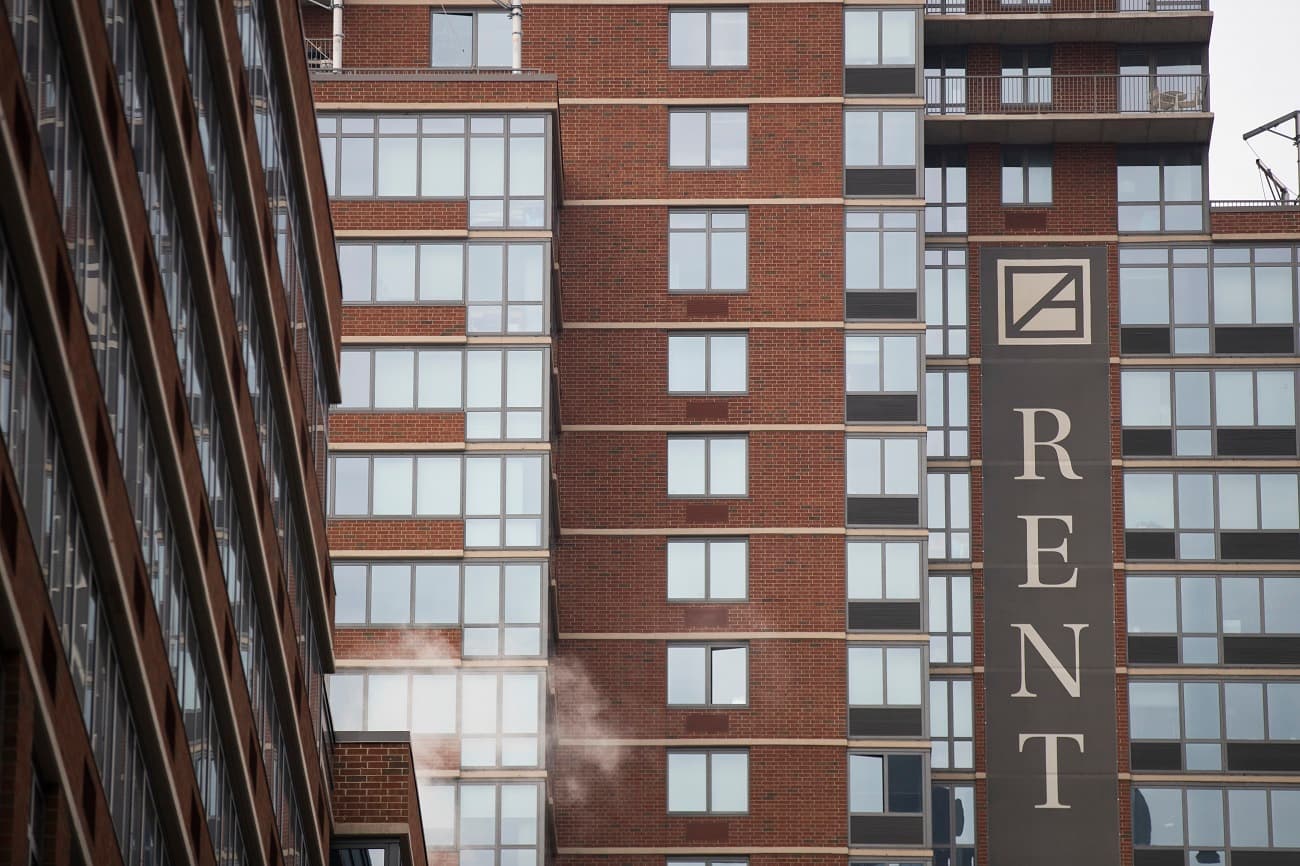Please note: Most of the information featured on this page is for historical purposes only. The federal government assistance programs enacted during the COVID-19 pandemic and listed on this page have expired.
On March 10, 2021, Congress passed a $1.9 trillion coronavirus relief package known as the “American Rescue Plan of 2021.” President Biden signed the bill on March 11, 2021. Read the summary of the major provisions of that bill that impacted REALTORS®.
The National Association of REALTORS® provided guidance to help REALTORS® respond to COVID-19—commonly referred to as coronavirus—and its impact on the real estate industry and real estate transactions. Any updates from NAR and its response to the coronavirus emergency were collected on this page. NAR issued information and guidance for the following:
Guidance for REALTORS® | Property Owners | Commercial Real Estate | Employers | Workplace Re-Entry | Workplace Vaccination Policies | MLSs | REALTOR® Associations | Sample Preparedness Plan
Read details about the federal government's actions and its effect on real estate professionals:















